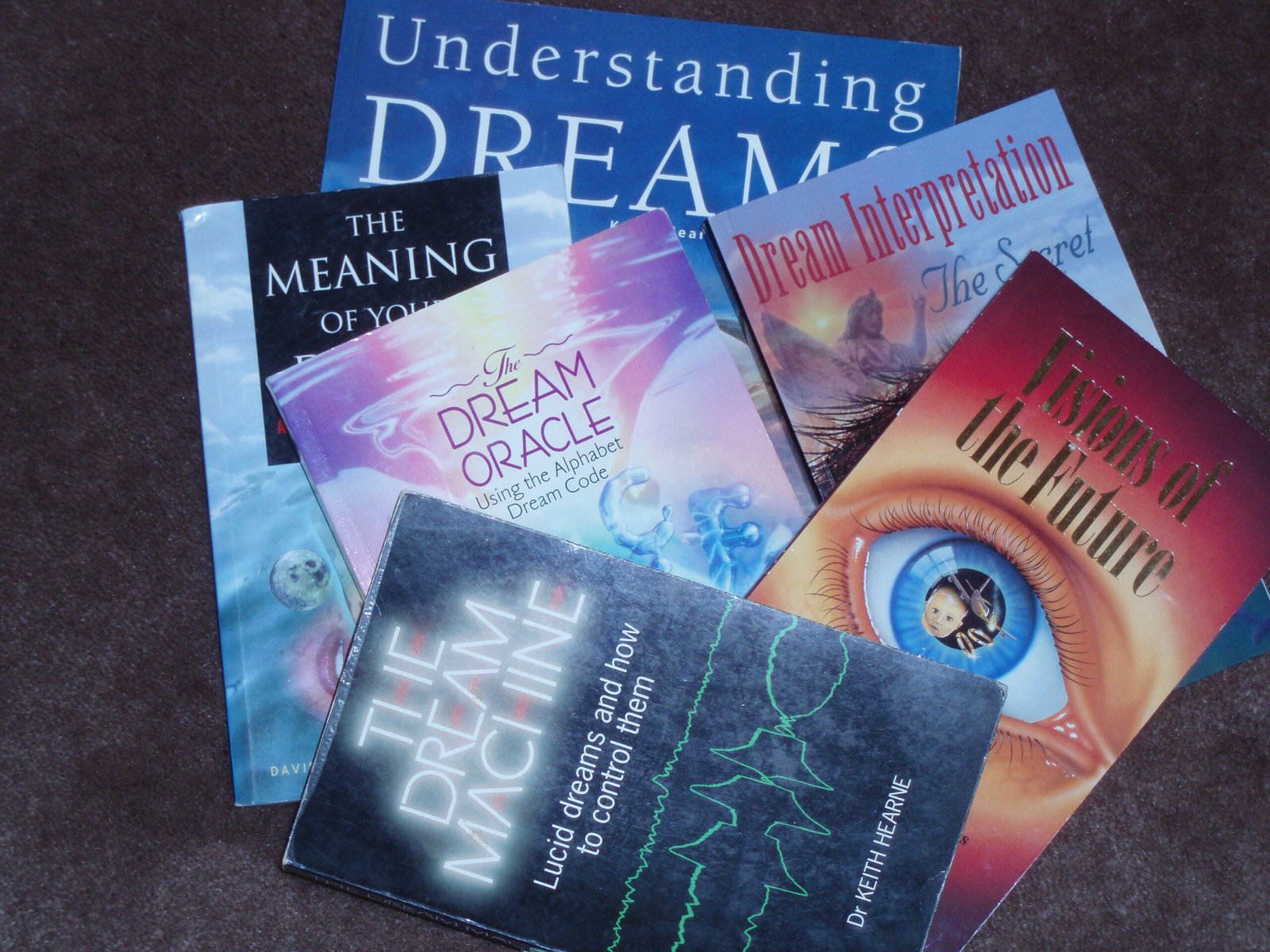Recurring dreams can be both fascinating and perplexing. These dreams, which repeat over time, often carry significant meaning and may point to unresolved issues or deep-seated emotions. Understanding how to analyze recurring dreams can provide valuable insights into your subconscious mind and help you navigate challenges in your waking life. In this article, we will explore effective strategies for analyzing recurring dreams and uncovering their hidden messages.
Identify the Common Themes
The first step in analyzing recurring dreams is to identify the common themes and elements within them. Take note of the situations, characters, or symbols that frequently appear. For instance, do you often find yourself in a classroom, feeling unprepared? This scenario may reflect anxiety about performance or a fear of judgment. By pinpointing these recurring motifs, you can begin to understand the underlying issues that your subconscious is trying to communicate.
Reflect on Your Emotions
Next, consider the emotions you experience during these dreams. Emotions play a crucial role in dream analysis, as they often reveal the core feelings associated with the themes. Are you frightened, anxious, or empowered in these dreams? Reflecting on your emotional responses can provide context for the messages contained within your recurring dreams. For example, feeling trapped in a dream might indicate that you are grappling with a situation in your waking life that leaves you feeling confined or powerless.

Examine Life Events
Analyzing your waking life events can also shed light on the significance of recurring dreams. Think about any recent changes, stresses, or unresolved issues that may correlate with the themes of your dreams. For example, if you dream about being chased during a stressful period at work, it might symbolize your desire to escape from overwhelming responsibilities. By connecting your dreams to real-life experiences, you can gain further clarity on the messages your subconscious is conveying.
Utilize Dream Journals
Keeping a dream journal is an effective tool for analyzing recurring dreams. Documenting your dreams immediately upon waking allows you to capture their details before they fade. Over time, you can track patterns and recurring themes more easily. Additionally, reviewing your dream journal can reveal shifts in your emotions or circumstances, providing a deeper understanding of how your subconscious mind processes changes in your life.
Engage in Symbolic Interpretation
Many recurring dreams contain symbols that carry specific meanings. Engaging in symbolic interpretation can enrich your analysis. For example, dreaming of water may represent emotions, while flying can symbolize freedom or escape. Research common dream symbols or consult dream interpretation resources to help decipher the meaning of symbols within your recurring dreams. By understanding these symbols, you can unlock additional layers of meaning and insight.
Seek Professional Guidance
If you find it challenging to analyze dreams that keep occurring on your own, consider seeking professional guidance. A therapist or counselor trained in dream analysis can provide valuable support and insight. They can help you explore the emotional and psychological aspects of your dreams, facilitating a deeper understanding of your subconscious. This collaborative approach can uncover hidden meanings and promote personal growth.
Use the Insights for Personal Growth
Ultimately, the goal of analyzing recurring dreams is to use the insights gained for personal growth. Once you identify the underlying themes and emotions, take actionable steps to address them in your waking life. For instance, if your dreams highlight feelings of inadequacy, consider working on self-confidence or seeking support from friends and family. By applying the lessons learned from your recurring dreams, you can enhance your well-being and foster positive change.
Conclusion
In conclusion, analyzing recurring dreams offers a unique opportunity to explore your subconscious mind and gain valuable insights into your emotional landscape. By identifying common themes, reflecting on your emotions, examining life events, utilizing dream journals, engaging in symbolic interpretation, and seeking professional guidance, you can unravel the messages behind your recurring dreams. Embrace this process of self-discovery and allow your dreams to guide you toward a deeper understanding of yourself.




